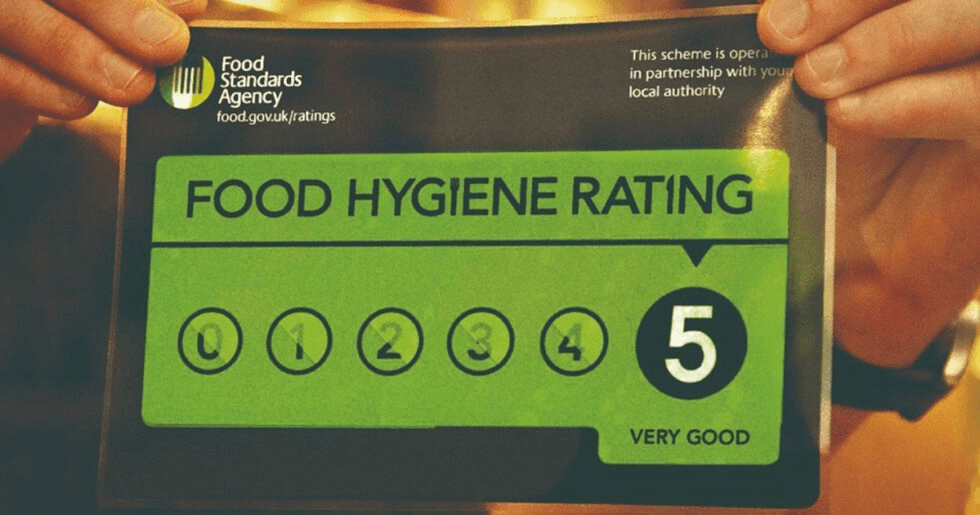UK Faces Critical Shortage of Food Safety Officers
Posted by Emma on 8th Nov 2023 Reading Time:
According to recent research findings, the UK's hospitality sector and its customers could be threatened due to an alarming shortage of food safety officers

The latest yearly review by the Food Standards Agency (FSA) and Food Standards Scotland (FSS) indicates an unsettling surge in job vacancies nationwide. Figures from 2022 reveal a sharp decline of nearly 14% in food safety positions sponsored by local councils in England, Wales, and Northern Ireland since 2011/12.
Alarmingly, about one in seven roles dedicated to food safety is currently unoccupied, a vacancy rate that surpasses pre-pandemic levels.
In Scotland, the situation appears more dire, with the count of active food law roles - including food safety responsibilities - dwindling by over a quarter compared to the figures from 2016/17.
Professor Susan Jebb, chair of the FSA, cautioned that sustaining high food standards could become increasingly challenging unless measures are taken to enhance the workforce.
"Food safety and standards hinge on good procedures and skilled people to ensure that the right checks are carried out," Jebb articulated. "Failure to recruit and train professionals to key posts can have reverberations for many years."
The report also highlighted that, as of the end of 2022, approximately 39,500 food establishments across England, Wales, and Northern Ireland were operating without a current food hygiene rating. This number, however, marks a reduction from the high of 77,000 unrated establishments in 2021, indicating a gradual recovery by local authorities from the effects of the pandemic.

There was a notable decrease of 30% to 50% in the number of trading standards officers, who oversee food composition and nutritional content, as well as the accuracy of labelling and marketing, between 2009 and 2019.
Furthermore, just over half of UK local authorities felt they lacked the comprehensive expertise needed to manage all trading standards duties effectively, the report identified.
Despite these staffing challenges and rising operational costs, the FSA confirmed that their inspection records did not indicate a downturn in food hygiene standards. By the close of 2022, slightly more than three-quarters of food businesses in England, Wales, and Northern Ireland had obtained the highest hygiene rating of five. A mere 2.9% were rated two or below, thus necessitating improvement. In Scotland, a commendable 93% of businesses met the requisite standard.
We welcome your thoughts on this pressing issue. How do you think the shortage of food safety officers will affect the industry and consumer trust? Share your opinions in the comments below.

